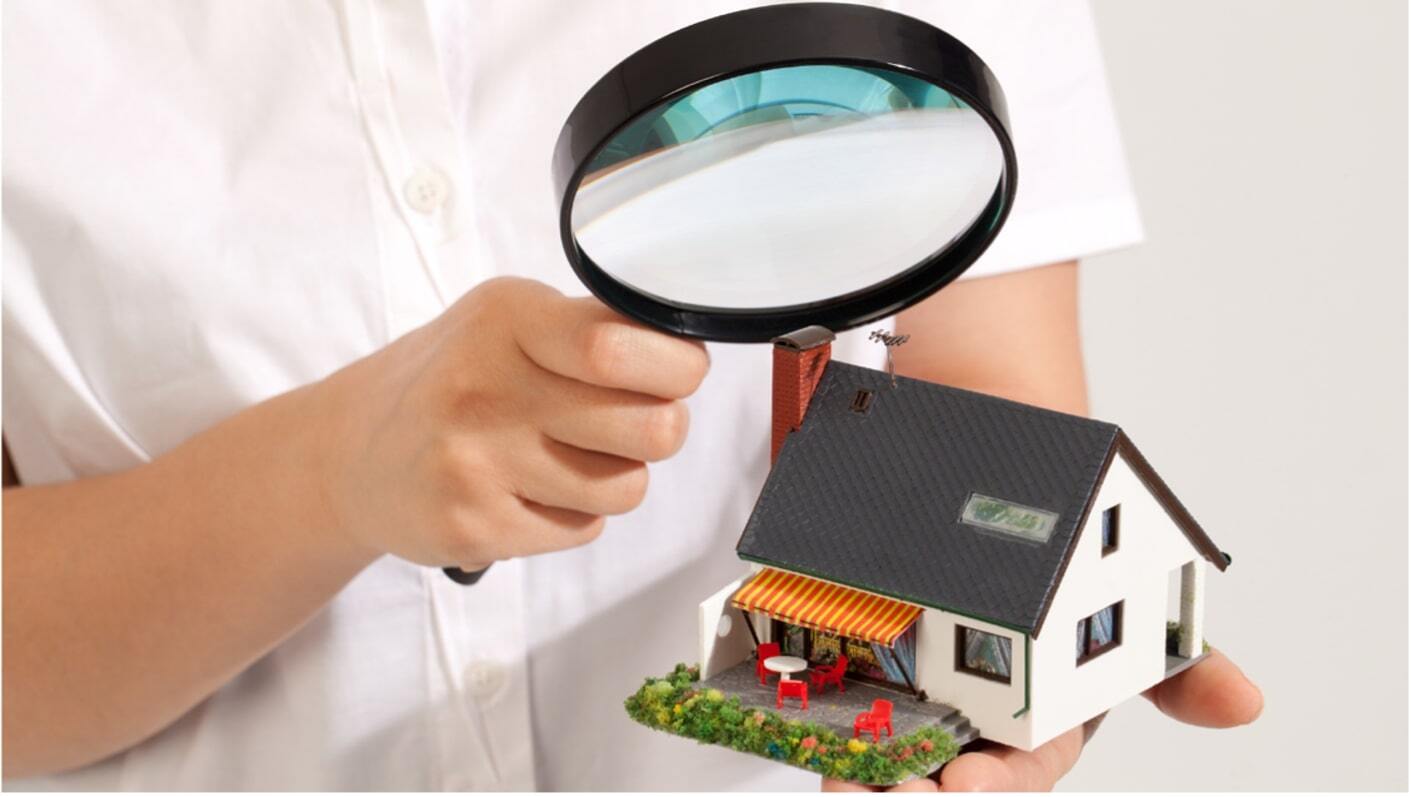Enter your email below to receive weekly updates from the Ashton College blog straight to your inbox.

Thinking about buying a home? Considering a career change? In both cases, understanding the role and responsibilities of a home inspector is crucial. Home inspectors play a pivotal role in ensuring that the property you are eyeing is safe, up to code, and free from hidden defects. In this comprehensive guide, we'll explore the diverse tasks of a home inspector, the essential qualities for success in this field, and why you might want to consider a career in home inspection. We'll also delve into the specific education and training needed, highlighting how Ashton College's Certificate in Home Inspection can kickstart your journey.
Home inspectors are the guardians of a homebuyer's peace of mind. They meticulously assess residential buildings, identifying potential issues and providing clients with valuable insights. A home inspector's responsibilities include:
1. Job Stability and Fulfillment
The real estate industry, according to North American Trade Schools, offers stability and job security, making home inspection a rewarding career choice. As a home inspector, you contribute to major life decisions, potentially saving clients from financial pitfalls.
2. Flexibility and Autonomy
Home inspection provides flexibility, allowing you to tailor your work to fit your lifestyle. Many inspectors venture into entrepreneurship, leveraging the autonomy to start and run their own businesses.
3. Ideal for Non-Physical Labourers
Home inspection is akin to working in the trades without the physically demanding aspects, making it suitable for individuals seeking a less strenuous yet fulfilling career. A background in construction can be advantageous.
Passionate Self-Starter
A genuine passion for the construction field is crucial. The ability to navigate stressful situations with enthusiasm and motivation is key, especially when unexpected challenges arise. The freedom to create your schedule and be your own boss is an added benefit.
Integrity and Honesty
Prioritizing clients over personal gain is paramount. Upholding ethical standards builds trust, an essential component when guiding clients through significant life decisions like home purchases.
Open-Minded and Adaptable
Approaching each inspection objectively, without preconceived notions, is vital. Staying current with industry trends and continuous learning ensures a comprehensive and adaptive approach.
Communication and Customer Service
Strong communication skills are a must, as inspectors interact with various stakeholders. Providing clear, understandable reports and excellent customer service fosters trust, especially with first-time homebuyers.
Time Management and Organization
Effective time management ensures thorough inspections without compromising quality. Being punctual and respecting clients' time contributes to a positive reputation.
Attention to Detail and Critical Thinking
Identifying minute details and applying critical thinking skills set apart successful inspectors. Overlooking small issues can lead to significant complications for buyers and harm the inspector's reputation.
Technical Knowledge
In-depth technical knowledge about residential homes is essential. Inspectors must recognize defects, recommend repairs, and possess expertise in structural engineering, construction, and non-destructive testing.
Business Knowledge
Understanding business operations, including administrative tasks, invoicing, and compliance, enhances effectiveness, especially for those aspiring to run their own inspection businesses.
Market Trends and Related Costs
Staying abreast of market trends, material costs, and local building practices ensures accurate property evaluations and recommendations.
The path to becoming a home inspector varies across provinces, with education being a common prerequisite. Ashton College's Home Inspection Certificate program, approved by Consumer Protection BC and the Government of Alberta, offers comprehensive training in ten courses covering major inspection areas. The flexible, part-time, online format caters to diverse learning styles, and successful graduates can apply for licensing in their respective provinces.
Beyond education, steps may include industry exams, supervised field training inspections, criminal background checks, and obtaining insurance. Ashton College provides the educational foundation needed to embark on a successful home inspection career.
(https://www.ashtoncollege.ca/programs/home-inspection-certificate/) to kickstart your journey to becoming a licensed and successful home inspector in Canada. Your new career awaits, combining technical expertise, business acumen, and a passion for ensuring safe and secure homes for others.

View All Comments